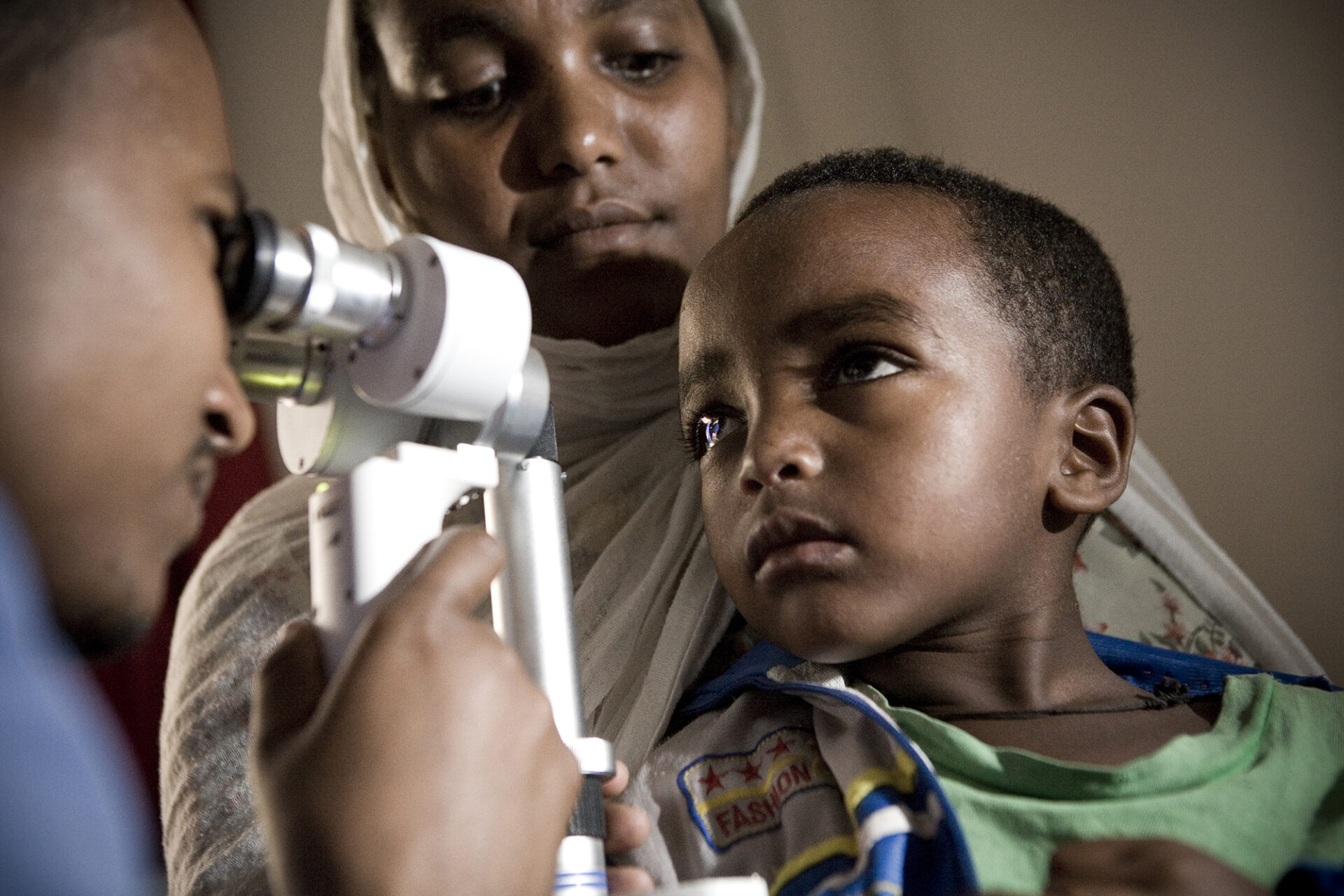The focus of the program has gained momentum and it is progressively addressing the needs of ophthalmology research in low- and middle-income countries (LMICs).
The number of approved projects led by principal investigators based in a LMIC increased in the second year of the ophthalmology program and the first projects strengthening research capacities of institutions will start soon.
In its second year, the funding program ‘Ophthalmology research in low- and middle-income countries’, saw 21 applications from all corners of the globe. Six projects led by experts based in Ghana, India, Kenya, Mexico, and the UK have been approved.
Five of the newly approved projects propose some elements of strengthening research capacities. These range from the training of a lab manager, the development of technical platforms, the establishment of a new laboratory, to organizing a multi-site research centre.

For the third year, the program sharpened its focus further: The attention in this call will be on strengthening research capacities at the institutional level. The funding could for example support the development of skills for research management, fundraising in research institutes or developing infrastructures. This should strengthen the capacity of research departments in universities and research institutions to fund, manage and sustain themselves and their own research. In this way research institutions can increase their reputation, and in turn attract and retain excellent researchers. This approach shall support the long-term growth, and success of ophthalmology research in LMICs.
The next round of applications shall focus on institutional research capacity strengthening, alone or in combination with a research project.
The call for proposals 2023 is available here.
Deadline: 07 May, 2023
Final decision: November 2023
Lastly, Velux Stiftung became member of two networks:
- the International Agency for the Prevention of Blindness (IAPB), and
- the Commission for Research Partnerships with Developing Countries (KFPE)
to further improve the program’s framework and deepen its strategic focus. These commitment demonstrates our dedication i) to ultimately reduce visual impairments and blindness in LMICs by supporting research whose results have potential for real-life applications, ii) to fair research partnerships between the global North and the global South.
 Share
Share